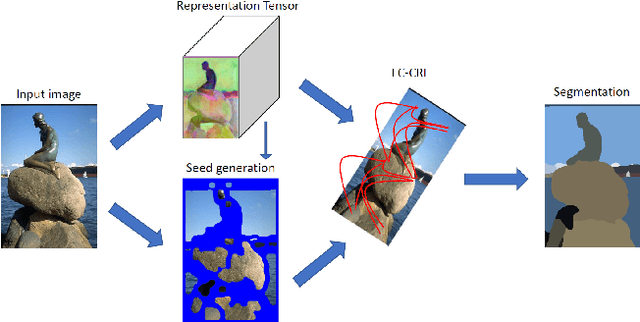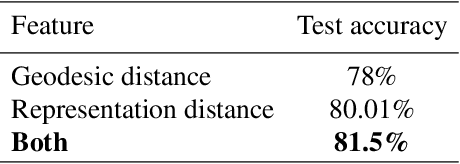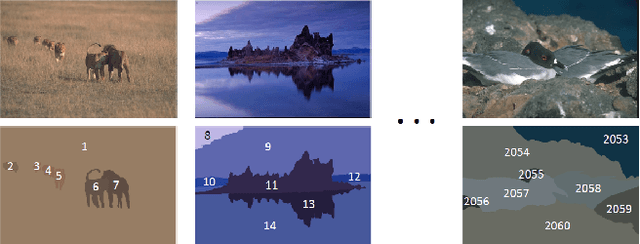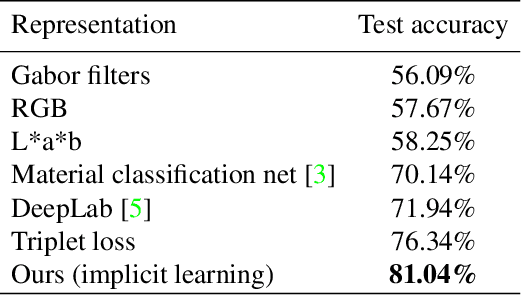Learning Pixel Representations for Generic Segmentation
Paper and Code
Sep 25, 2019



Deep learning approaches to generic (non-semantic) segmentation have so far been indirect and relied on edge detection. This is in contrast to semantic segmentation, where DNNs are applied directly. We propose an alternative approach called Deep Generic Segmentation (DGS) and try to follow the path used for semantic segmentation. Our main contribution is a new method for learning a pixel-wise representation that reflects segment relatedness. This representation is combined with a CRF to yield the segmentation algorithm. We show that we are able to learn meaningful representations that improve segmentation quality and that the representations themselves achieve state-of-the-art segment similarity scores. The segmentation results are competitive and promising.
 Add to Chrome
Add to Chrome Add to Firefox
Add to Firefox Add to Edge
Add to Edge